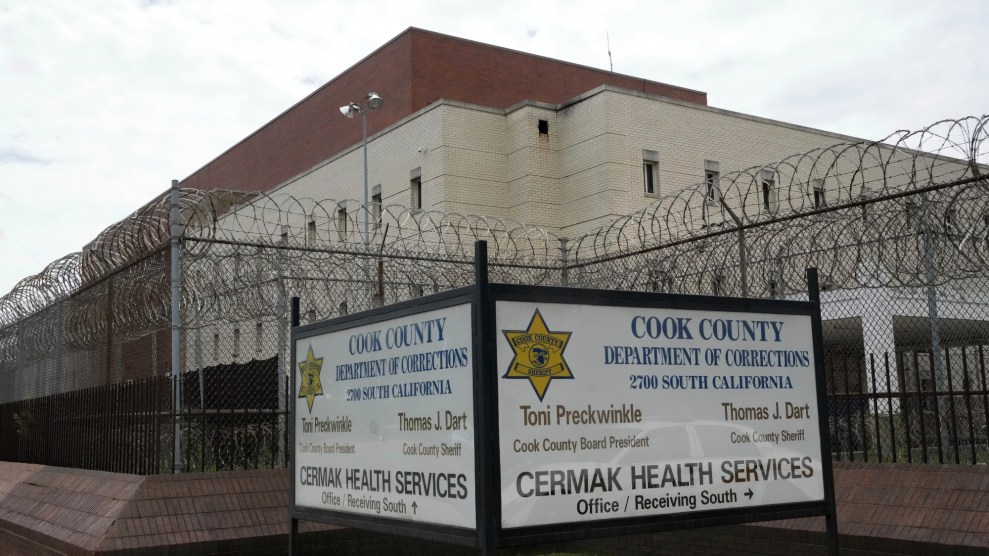In “Imaginary Fiends,” which appeared yesterday in the Boston Globe, Joe Keohane asks why Americans stubbornly refuse to believe that the U.S. crime rate has been dropping for at least 15 years.
The year 2009 was a grim one for many Americans, but there was one pleasant surprise amid all the drear: Citizens, though ground down and nerve-racked by the recession, still somehow resisted the urge to rob and kill one another, and they resisted in impressive numbers. Across the country, FBI data show that crime last year fell to lows unseen since the 1960s–part of a long trend that has seen crime fall steeply in the United States since the mid-1990s.
At the same time, however, another change has taken place: a steady rise in the percentage of Americans who believe crime is getting worse. The vast majority of Americans–nearly three-quarters of the population–thought crime got worse in the United States in 2009, according to Gallup’s annual crime attitudes poll. That, too, is part of a running trend…The more lawful the country gets, the more lawless we imagine it to be.
The implications for the country at large are stark. Democracy is based on an informed public calling upon its representatives to address problems facing their society. If we believe crime is on the march in the streets all over the country, it influences our beliefs on critical issues.
Keohane offers some interesting explanations for this national delusion–though he doesn’t mention the influence of cynical politicians who use fear of crime to win votes, and of a prison industry that uses this fear to sustain itself.
Whatever is behind it, this public misconception has no doubt helped fuel the enormous growth in the U.S. incarceration rate, which is the highest in the world. The rise of the supermax prison has been even more dramatic. But as the Sentencing Project has documented, the 35-year imprisonment boom appears to have little relationship to the crime rate–whether crime goes up or down, the incarceration rate just keep climbing. Earlier this month on The Crime Report, Joe Domanick looked at mass incarceration in relation to last year’s decline in crime. “No one among the experts I spoke with,” he said ”suggested that as a factor.”
What the imprisonment boom has done, however, is bankrupt state budgets, destroy lives and communities, and suck up resources that might have been used for everything from education to mental health care to community policing–all of which do significantly reduce crime.
This graphic from OnlineEducation illustrates what it means to live in an incarceration nation, where one in 100 adults is in prison or jail, and one in 30 is either incarcerated, on parole, or on probation.
Created by Online Education: www.onlineeducation.net












